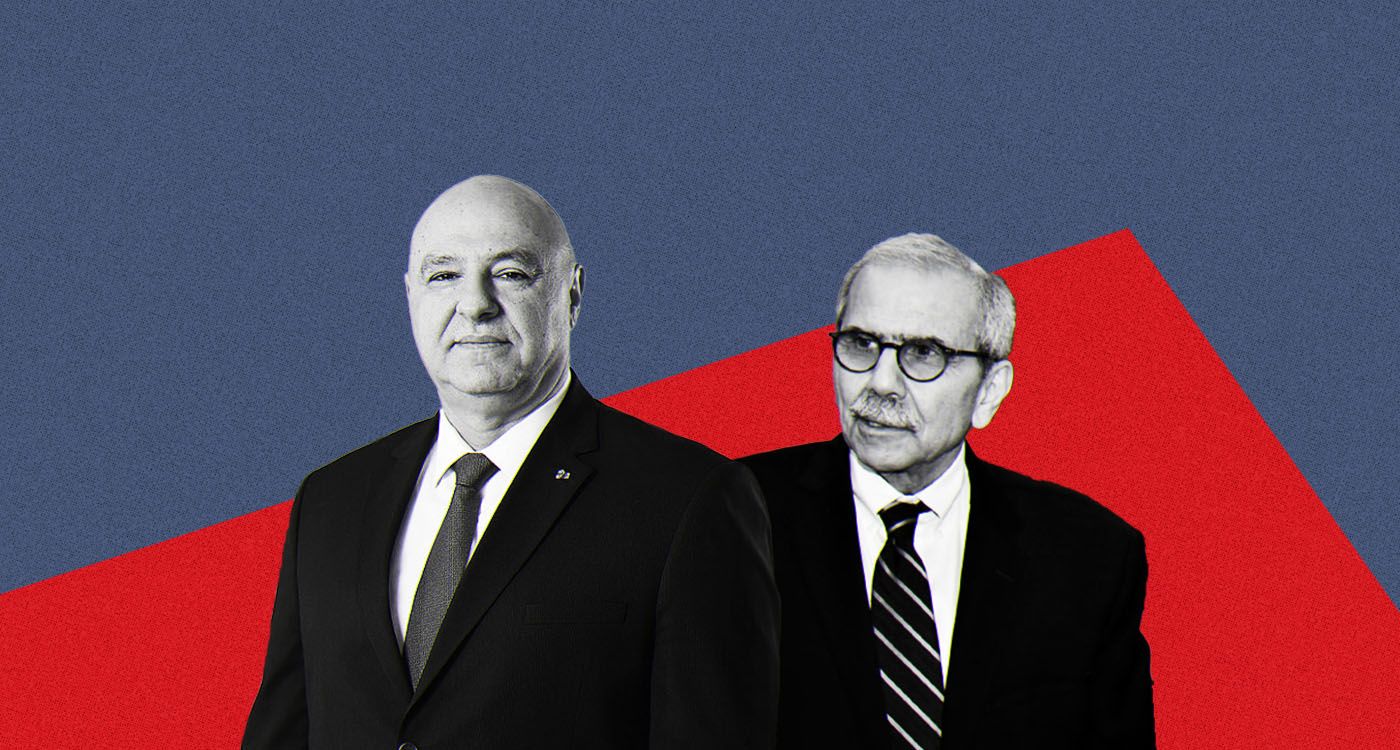
It relentlessly edges toward the peak of destructive behavior, pushing ever closer to its darkest extremes. Hezbollah’s leadership—loyal to directives from its Iranian patron—offers daily, tangible proof of the malicious strategy it pursues without any regard for law or principle in Lebanon: a strategy aimed at dismantling the state and thwarting any attempt to restore the authority of the central government.
Just days ago, during an unscheduled meeting with General Joseph Aoun between the two rounds of the January 9, 2025 presidential vote, one of Hezbollah’s parliamentary heavyweights revealed that two representatives of the Shia tandem had reached a preliminary agreement with the future president to smooth the way for his election to the country’s highest office.
According to the Hezbollah MP, the deal reached with Joseph Aoun centered on a three-point roadmap: the mandatory presence of the Hezbollah-Amal tandem in any government; the application of Resolution 1701 only in southern Lebanon, along the Litani River (and not across the entire country, as mandated by the UN Security Council); and talks on a “defense strategy”–effectively postponing indefinitely any resolution of the pro-Iranian group’s military arsenal.
Hezbollah’s diabolical plan was clear: discredit the president of the Republic—and deal a crippling blow to his mandate—by “exposing” alleged collusion with the Iranian regime’s henchmen; sow doubt between Baabda and the Grand Serail by preemptively highlighting any encroachment on the prerogatives of a designated prime minister; and tarnish the head of state’s image on the international stage by portraying Joseph Aoun as flagrantly disregarding UN resolutions. Three birds with one stone…
After this direct attack on the president’s standing, the Pasdaran’s allies turned their fire on the prime minister. They seized the first opportunity to weaken his authority by ignoring Nawaf Salam’s instructions in the Raoucheh Rock case. To top it off—and cap this campaign to undermine and discredit state institutions—the Shia group publicly praised the army command and the Internal Security Forces for refusing to follow the Council of Ministers’ directives in the matter...
Far beyond petty internal concerns, the Iranian camp’s malicious maneuver is clearly part of a broader strategy to dismantle the state and sabotage the sovereigntist project launched in the wake of the Cedar Revolution of 2005–2006. Above all, it underscores the determination of the Islamic Republic’s radical wing to cling to its last trump card in the Levant—Hezbollah—with the barely concealed aim of derailing the stabilization process spearheaded by the Western camp in the Middle East, in a bid to prevent the establishment of lasting, if not definitive, peace in the region.
Amid such a volatile context, one thing is crystal clear: faced with factions determined to obstruct, act irrationally, and cling to rigid ideology, any complacency toward the Pasdaran’s foothold—under the misleading guise of “preserving civil peace”—only drags the country deeper into the dark, deadly abyss created by its warmongers. In this existential struggle, the central state must stand firm, assert its authority, and act decisively—without hesitation or compromise.




Comments